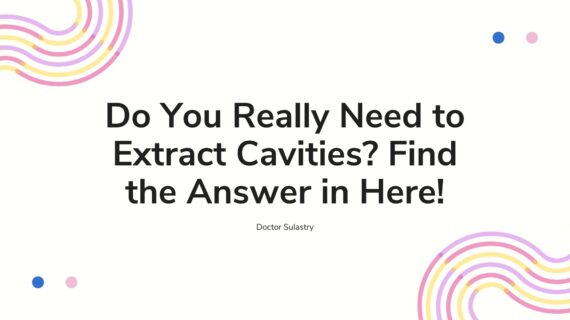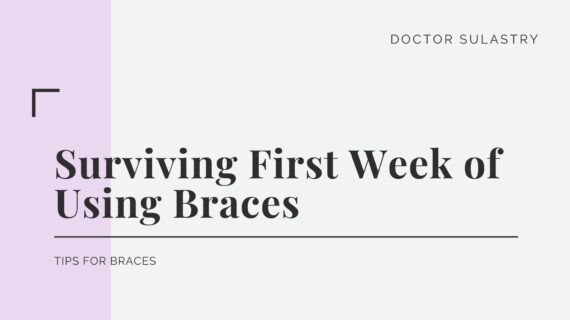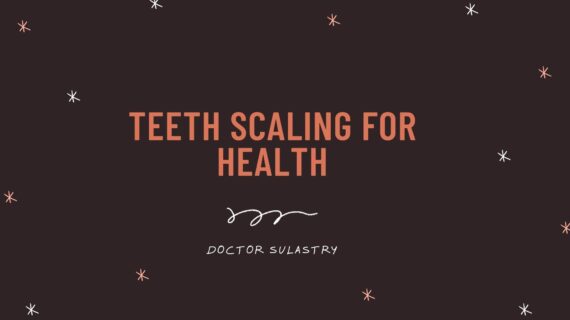Do You Really Need to Extract Cavities? Have you experiencing excruciating toothache? There are many problems that can be experienced in teeth, one of which is cavities. Cavities occur when teeth are damaged, which causes the teeth to erode from the outside in and cause cavities. There are several causes that cause cavities, such as eating sweet foods, rarely teething, and not maintaining dental and oral hygiene.
Although cavities are a common health problem for teeth, this condition can cause other health problems for you. There are several ways that can be done to treat cavities. However, do cavities need to be extracted to solve the problem?
Also Read Teeth Whitening Facts and Benefits That Should You Know
How do you get cavities in your teeth?
Cavities in your teeth are generally caused by a lack of oral and dental hygiene. Lack of dental hygiene can cause your teeth to have plaque. The plaque that sticks to the teeth can turn into acid caused by bad bacteria. The acid from plaque sticks to the teeth. Then scrape the tooth slowly until it forms a hole.
The erosion that occurs in the teeth initially does not show symptoms. However, if the hole has reached the inside of the tooth, this condition will only cause symptoms. Some of them such as pain when eating food, toothache that makes it uncomfortable, there are parts of the teeth that turn black or brown, teeth become sensitive, and visible holes in the teeth.
This condition can create health complications if not treated immediately, such as dental abscesses, broken teeth, persistent pain, affecting the structure of the jaw, and causing heart disease and stroke. Is there any treatment that can be done to treat toothache and how? Yes, of course.
Progressive Tooth Decay
Bacteria and acids can multiply through teeth moving in the pulp where your nerves and blood vessels are located. As a result, the teeth become swollen and irritated due to the presence of bacteria. This happens because swelling develops inside the tooth, the nerves become compressed, resulting in painful pain. This discomfort can extend beyond the root of the tooth.
Cavities and tooth decay are very common, but cavities and tooth decay can have serious and long-lasting complications, even for children who do not yet have permanent teeth.
Complications from cavities can include:
- Pain.
- Tooth abscess.
- Swelling or pus around the teeth.
- Tooth decay.
- Problems with chewing food.
- Gearshift position after tooth loss.
When you have cavities and decay, you may experience:
- Pain that interferes with daily life.
- Weight loss or nutritional problems due to eating or chewing that is painful and becomes difficult.
- Losing teeth can also affect your appearance and self-confidence.
Do You Really Need to Extract Cavities?
Don’t hesitate to check with the nearest dentist to treat the condition of your cavities. Tooth decay is treated differently depending on the condition. A cavity that is severe enough and cannot be repaired will require tooth extraction. These are some of the treatments that can be done, namely:
Dental fillings are a common procedure for non-severe cavities.
- Crown
Crowns are performed to treat more severe cavities. If you have weak teeth, it is recommended to use a dental crown.
- Root Channel
This action you can do when the hole in the tooth has reached the root of the tooth. This action is done to overcome dental problems without having to pull teeth.
- Tooth Extraction
Then pull out the tooth, this is done to overcome the hole in your tooth that can no longer be repaired. Installation of dentures is the next step to fill in the gaps of the extracted teeth.
Conclusion
Do you really need to extract cavities? That’s the discussion about it and how to treat cavities. There is nothing wrong with taking precautions to avoid cavities. You should not forget to brush your teeth at least 2 times a day, after eating and before going to bed.
If cavities are caused by dry mouth, don’t forget to drink fluids to keep your body and mouth well hydrated. Don’t forget to consume fruits and vegetables that have high fiber content and consume foods that are high in calcium.
References


